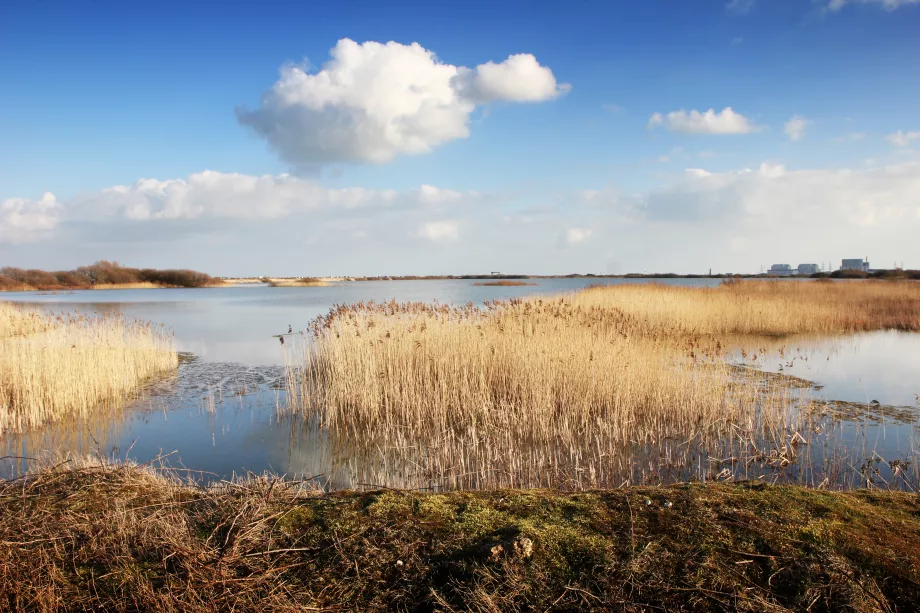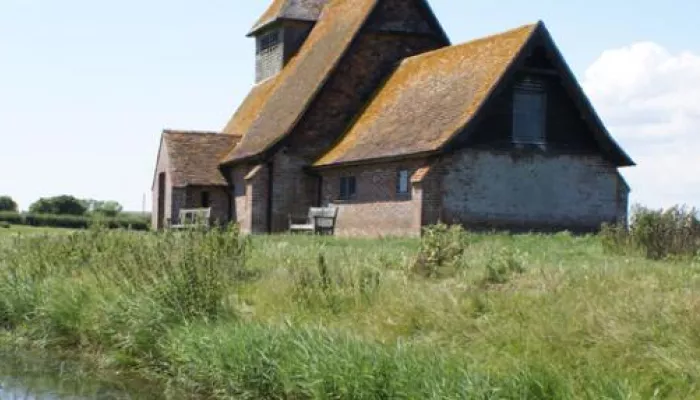
Common seals. Credit: Russel Miles
The project will be run by Kent Wildlife Trust in partnership with Thanet District Council, Medway Council, and Kent County Council and will divide the coastline into three sections – the White Cliffs of Dover (from Folkestone to Deal), North East Kent (from Deal to Whitstable), and Medway and Swale. It will comprise five key activities which will involve 60,000 people in marine awareness activities:
- Coastal guardians –360 community champions will run marine events and identification surveys to be shared with coastal heritage protection bodies
- Undersea explorers – workshops will be held with young people raising awareness of marine habitats, water safety, and snorkelling skills
- Wild beach – a programme of coastal learning activities for 60 schools and youth groups covering geology, biology, social history and the value of marine heritage
- Coastal connections – a digital campaign aimed at reaching up to 150,000 members of the public
- Coastal Citizen Science – volunteers will be trained in survey and species recognition and 60 ‘coast-busters’ will deal with non-native species identified
The Fifth Continent – Romney Marsh Landscape Partnership: £1.76m grant
£1.76m has been awarded to The Fifth Continent – Romney Marsh LP for a project that will restore and protect habitats and species, and put local people back in touch will the landscape around them. The scheme covers 242 sq km of low-lying coastal land in South Kent characterised by flat, windswept marsh containing the historic settlements of Winchelsea, Rye and Hythe and the shingle ridges of Dungeness. Distinctive Norman churches built on the back of the medieval wool industry dot the landscape, which is nationally important for biodiversity and built heritage featuring 5 Sites of Special Scientific Interest (SSSI), 6 Local wildlife sites, 19 Scheduled Ancient Monuments, 10 Conservation Areas, and 257 Listed buildings. Dungeness is one of the largest shingle ridges in the UK and supports over 600 plant species – one-third of the national flora!

Dungeness. Credit: Jim Higham
The project will feature three themes: ‘Restore’, ‘Rediscover’, and ‘Reclaim’, which aim to address challenges brought by poor transport links, rural isolation and the decline of local industries. National Lottery players money will be invested into activities and opportunities for volunteers that aim to influence local people into protecting this fragile landscape including:
- restoration and surveying shingle habitats
- producing guidance for landowners to protect their environmental assets
- a community archaeology project to uncover the lost port of Romney
- 55 accredited apprenticeships including land management, livestock management and sustainable tourism
- Creative workshops for young people, community events, and film making
- Activities designed to put churches back into the heart of communities
Old Chalk New Downs Project: £1.4m grant
The Old Chalk New Downs project, to be run by Kent County Council, will improve, restore, and reconnect threatened chalk grassland habitats in and around the Kent Downs AONB specified in the Kent Biodiversity Strategy (2015-2025) – home to rare orchid species and black veined and straw-belle moths, found only within the North Downs.
Capital works and land management support for landowners will be complemented by a host of community engagement activities including volunteering opportunities, learning and skills development, surveying and monitoring, public access improvements, a programme for schools, and digital and interactive resources.
The project, which is expected to last 4 years, will cover almost 10,000 hectares from Kemsing Down to Detling Hill and work in partnership with Kent Wildlife Trust, Kent and Medway Biological Records Centre, Kent Downs AONB, Tonbridge & Malling Council, Gravesham BC, and Medway Valley Countryside Partnership.
Comments
John Bennett, Chief Executive for Kent Wildlife Trust, said: “The Trust is delighted to be a major player in the development of all three of these unique and ground-breaking projects. Many partners will come together to make a huge difference to the natural heritage of Romney Marsh and Kent’s Downland and coastal communities: HLF with its generous grants and guidance; several of Kent’s local authorities; local businesses and schools; farmers; local community groups; and hundreds of volunteers. The Trust is grateful for their part in this and now look forward to working with all of you over the next few years.”
Kent County Council cabinet member for environment and transport Matthew Balfour said: “It is great news that Kent is receiving over £3 million in funding to help support and grow our natural environment. The OCND project will see key downland grassland habitats restored and links made to improve their quality, which will benefit not only the protection of species but also re-connect people with their local landscape.”

